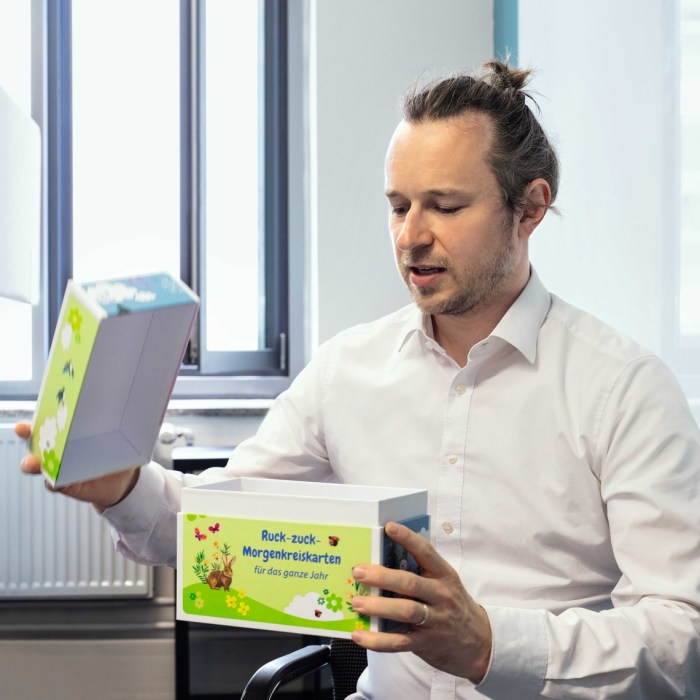Early childhood education today 15th edition – Embark on a journey into the realm of early childhood education today with the 15th edition, an authoritative and engaging resource that unravels the intricacies of this field. This comprehensive guide delves into the historical evolution, contemporary practices, and future directions of early childhood education, providing a holistic understanding of its significance and impact on young learners.
Through the lens of developmental milestones, influential theories, and innovative approaches, this edition illuminates the multifaceted nature of early childhood education. It explores the role of play, the integration of technology, and the importance of culturally responsive practices in fostering children’s cognitive, social, emotional, and physical development.
Early Childhood Education Today: An Overview

Early childhood education encompasses the educational experiences and practices designed for children from birth to age eight. Its primary goal is to promote optimal development and learning in all domains, including physical, cognitive, social, and emotional. The principles guiding early childhood education emphasize the importance of play, developmentally appropriate practices, and a holistic approach that considers the whole child within their cultural and social context.
Historically, early childhood education has evolved from a focus on custodial care to a recognition of the critical importance of the early years for lifelong learning and well-being. This shift has been influenced by research and theoretical advancements in child development, as well as societal changes and the increasing recognition of the value of investing in young children.
Key Developmental Milestones and Theories
Early childhood is a period of rapid and significant development across all developmental domains. Major milestones include:
- Physical: Gross and fine motor skills, coordination, and physical growth
- Cognitive: Language acquisition, problem-solving, and reasoning abilities
- Social: Interactions with peers and adults, cooperation, and empathy
- Emotional: Self-regulation, emotional expression, and coping mechanisms
Influential theories in early childhood development include:
- Piaget’s cognitive theory: Emphasizes the active role of children in constructing knowledge through exploration and interaction with the environment
- Vygotsky’s sociocultural theory: Highlights the importance of social interactions and cultural context in children’s development
The Role of Play in Early Learning
Play is an essential aspect of early childhood education, providing opportunities for children to explore, learn, and develop in all domains. Different types of play include:
- Physical play: Promotes gross and fine motor skills, coordination, and physical fitness
- Cognitive play: Enhances problem-solving, reasoning, and creativity
- Social play: Fosters social interactions, cooperation, and empathy
- Emotional play: Allows children to express and regulate their emotions
Play contributes to children’s development by providing a safe and supportive environment for them to practice skills, explore their interests, and interact with others.
Technology in Early Childhood Education, Early childhood education today 15th edition
Technology offers potential benefits in early childhood education, including:
- Enhanced learning experiences: Interactive apps and digital resources can supplement traditional learning activities
- Personalized learning: Technology can provide individualized learning experiences tailored to each child’s needs
- Communication and collaboration: Technology facilitates communication between educators, families, and children
However, it is crucial to consider the potential challenges, such as screen time limitations and ensuring equitable access to technology.
FAQ Corner: Early Childhood Education Today 15th Edition
What are the key developmental milestones in early childhood?
Early childhood is marked by significant developmental milestones in physical, cognitive, social, and emotional domains, including gross and fine motor skills, language acquisition, problem-solving abilities, and the development of self-awareness and social interactions.
How does play contribute to early learning?
Play is an essential component of early childhood education, fostering cognitive development, social skills, emotional regulation, and physical coordination. It allows children to explore their imaginations, experiment with different roles, and develop problem-solving abilities.
What are the benefits of using technology in early childhood education?
Technology can enhance early learning experiences by providing access to interactive educational resources, fostering collaboration, and supporting individualized learning. However, it is crucial to ensure age-appropriate use and balance screen time with other activities.
Why is cultural responsiveness important in early childhood education?
Culturally responsive practices acknowledge and value the diversity of children and families. By incorporating culturally relevant materials, perspectives, and experiences, educators can create inclusive and equitable learning environments that foster a sense of belonging and support children’s overall development.
What are the roles and responsibilities of early childhood educators?
Early childhood educators play a pivotal role in shaping young lives. They provide nurturing and stimulating learning environments, facilitate children’s development, and collaborate with families and other professionals to ensure the well-being and success of each child.


